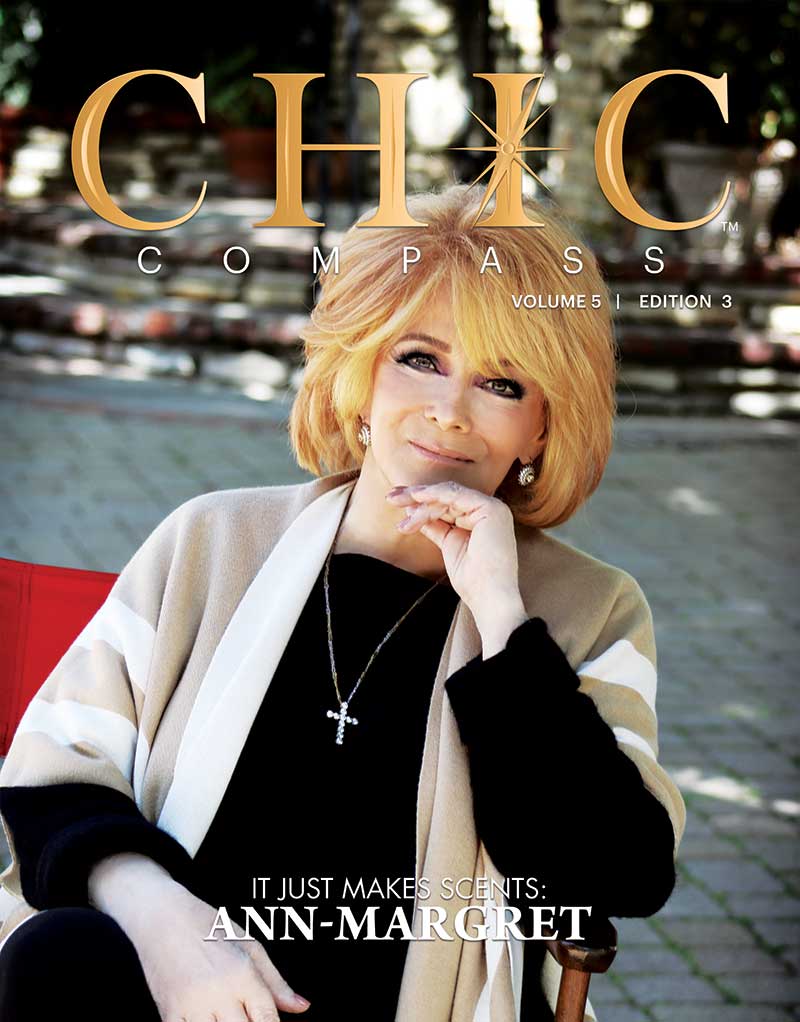Hero School® and Tiger Todd Disrupt and Change the Modern Hero Movement.
BY DEBBIE HALL
PHOTOGRAPHY COURTESY OF HERO SCHOOL®
Heroes have always been part of the culture, demonstrating superhuman strength and performing almost impossible feats. Native Las Vegan Tiger Todd loved the heroes of movies and television but also appreciated people who helped stranded motorists, lost pets, and the fragile, considering those who helped as heroes. In the 1990s, he saw a real need to create a movement to help more people be heroic. As a result, Hero School® was developed as a leading Transformational Education Model that combines entrepreneurial principles to engage, motivate and reeducate disengaged and disconnected youth and adults.
While changing the trajectory of his own life and the lives of others, Todd created ways to rapidly and humanely extinguish the culture of homelessness. Intervention teams engage, ignite, and sustain struggling youth and adults as they rise out of homelessness and repeat history. Hero School delivers initiatives to enlighten, change mindsets and ignite lifelong learning. The values of intrapreneurship empower the youth and adults to become the next heroes for their families, companies, and communities.
Hero School Strategic Interventions, Breakthrough Academies, and Character Change® Experiences have helped thousands of youth and adults overcome impossible odds to become learners, earners, contributors, and heroes for their families and communities. Hero School Community Initiatives combines experts and entrepreneurs with cutting-edge curricula, strategic resources, and dynamic experiences. Hero School is a learning engine as a school of psychology.
Todd started as an entrepreneur, making the income to fund the next stage of his life. His father was also an entrepreneur, and circumstances propelled Todd to follow his father’s lead. Todd was hit by a drunk driver at age four and spent two months in a body cast. His father would pick Todd up from school and take him to work. Todd would develop friendships with his father’s customers. When he started to attend school, he wanted to learn from the teachers instead of playing with other children.
Having sold the electronics company he founded in the early 1990s, Todd knew what he wanted to do with the next phase of his life. He wanted to bring heroism back as he saw it—small acts such as helping someone change a flat tire.
“I am trying to inspire the community in Las Vegas,” he says.
At the time, Todd had written a substantial check to an organization with a mission to help people experiencing homelessness. He went to Ethel Pearson Park, where the organization served people experiencing homelessness, and counted 1,854 people lined up to receive food donations, paid for by his philanthropy. While Todd understood people need to eat, he did not see how receiving food would help these people out of the cycle of homelessness.
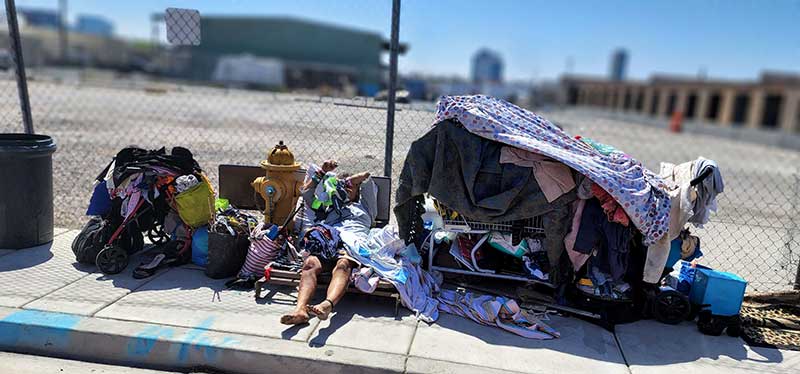
This is one of the many homeless camps in Las Vegas where Hero School teams reach out.
“I interviewed the line, and I kept hearing the same four reasons pop up as I interviewed everyone lined up to get food. I found four things about the way they thought and answered questions that would disqualify them from working in any business I owned, or certainly never own their own business,” Todd explains.
The four habits or mindsets include begging, blaming, horizontal learning, and talking back/telling a story about why to remain homeless. The antidotes to each are Tiger Todd’s Four Laws Of Entrepreneurship™:
- Add Value First
- Take The Blame
- Learn Vertically
- Do It To Prove it
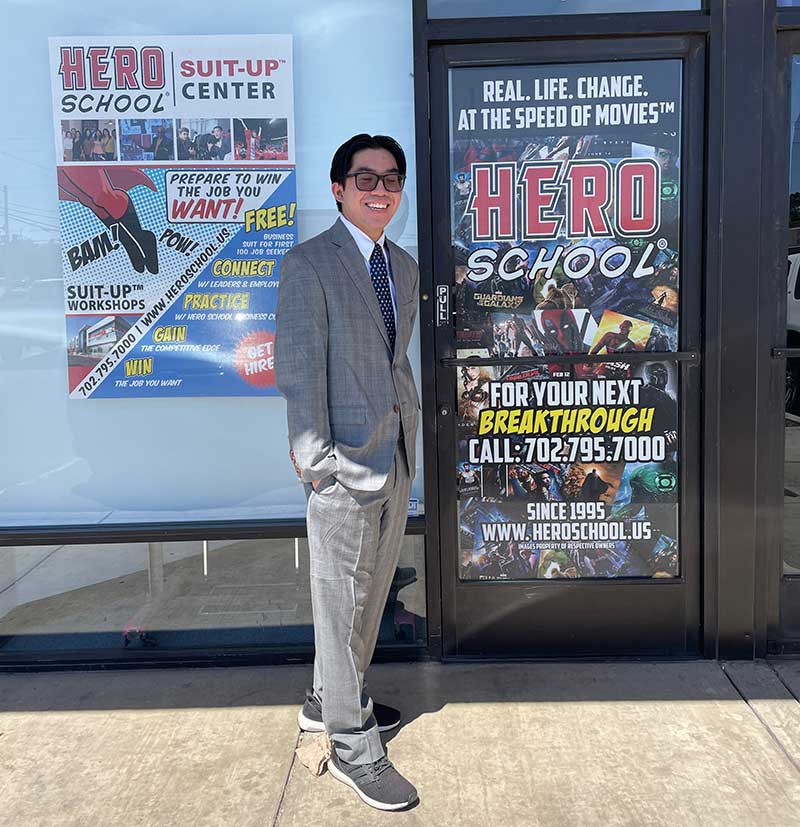
The Fast Five offers five programs including Suit UP™ Experience to acclimate participants to the corporate world work.
On a frigid day in December 1995 (the following week), Todd rented a stage and 300 chairs, and a massive sound system capable of reaching deep into the neighborhood from Ethel Pearson Park. He recruited 20 friends and clients for the first outreach, wrote another check to the organization, and gathered the homeless.
That would be the birth of Hero School.
“I wanted to be sure we were helping the homeless in the right way,” he says. If someone feeds people, they must come back to be fed. If they learn how to feed themselves, most will feed themselves.”
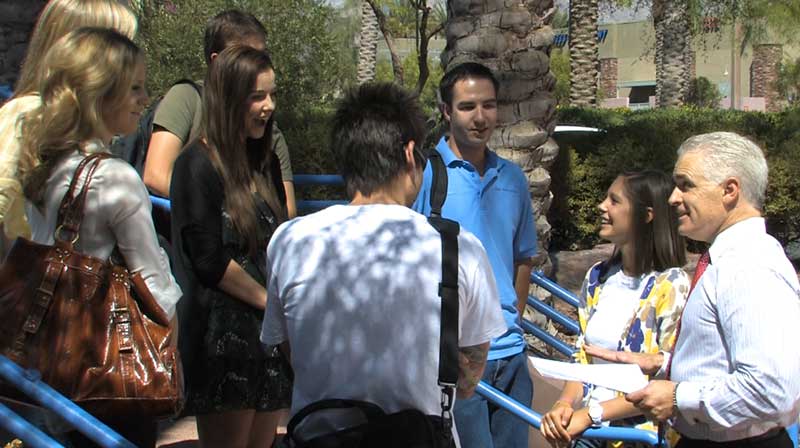
Tiger Todd, far right, founder of Hero School, speaks with younger people about Hero School and its goals.
Anyone wanting a donation was required to attend the 90-minute class before receiving food, clothing, and goods. Todd would continue to do this for over three years and stated that he helped most homeless individuals attending the Hero School in the park.
In 1998, Todd was approached to speak to children in a school assembly about his Hero School, and he admits he was very hesitant. Finally, however, he decided to talk to students from his old neighborhood at a junior high school, even though he had not attended that school. Its mascot was a tiger, so he felt an affinity with it.
“I spoke at this school and told the students about my experience volunteering in the park and how I helped the homeless change. A little girl jumped up from the back row and shouted, ‘That is not true. All homeless people have mental problems.’ I just discovered the four habits and the ways to change the attitude of a homeless person. Now, here is a girl attending the seventh grade trying to tell me about homelessness.”
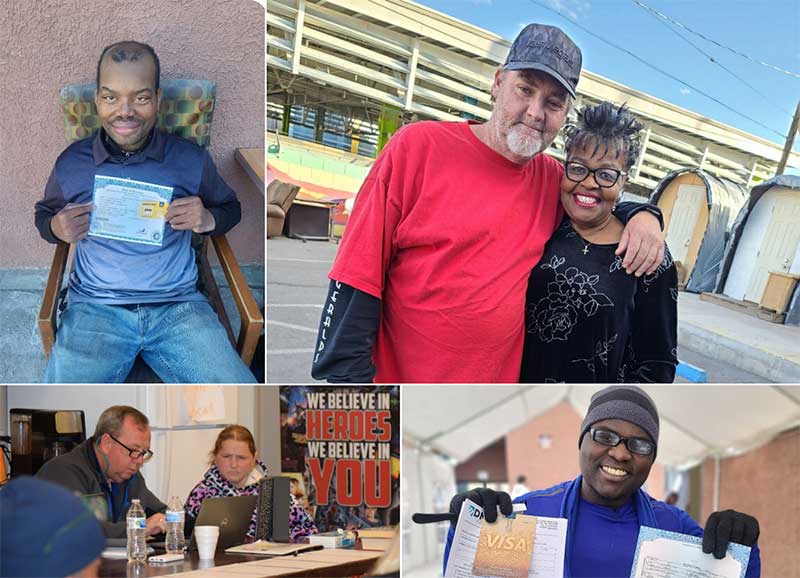
These are just a few of the people living new lives after attending Hero School.
He was amazed that no teacher admonished or corrected her. After speaking and interacting with these students for about 30 minutes, Todd recognized that many of these children had already learned the four habits of creating a homeless person in the seventh grade.
While Todd started this journey volunteering to make his community a better place to live, this experience inspired him to propel himself into a school setting and develop Hero School.
“So many people ask me why I do this, and I tell everyone I can’t NOT do it.”
The Fast Five is a community initiative part of the nonprofit side of Hero School as an accelerated learning program at the speed of movies (two hours) to create character change. The Fast Five community initiatives are five ways the nonprofit arm (formed in 1999 after the success in the park) can help get the homeless off the street. This includes the Breakout Academies™, Nutrition Intervention, speedy ID™ Days, Suit UP™ Experience, and Employee Engagement.
It was designed to help other nonprofits continue what they do best and provide a solution. For example, shelters can continue providing a place, but the Fast Five is designed to activate the human coming to the shelter to escape the cycle and not have to return to it.
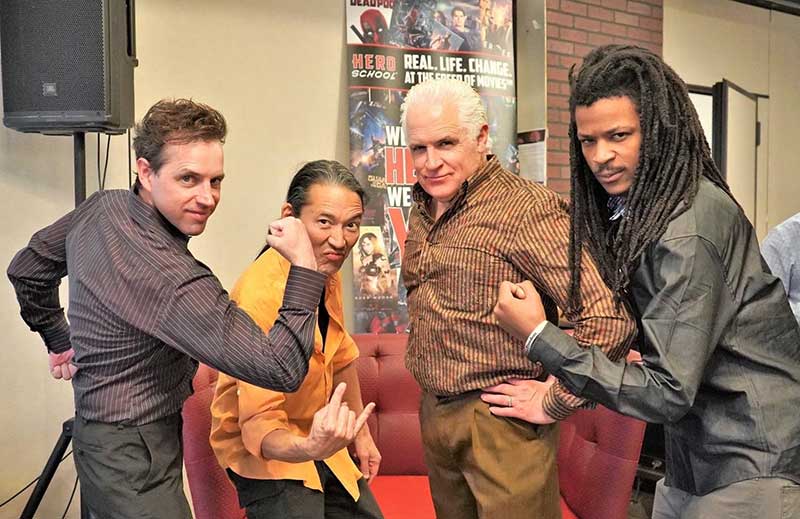
From left: Geoff Powell, Kevin Anderson, Tiger Todd and LaQuan Phillips demonstrate the power of Hero School.
While the program was around in the 1990s and 2000s, Todd explains that society has changed today with new obstacles and mental barriers to overcome and has adjusted Hero School to incorporate these changes.
The programs are designed to deliver the human ignition process with breakthrough academies. The people who need it the most are those struggling and repeating history. Employees are now called intrapreneurs, and two weeks are invested in employees as their lives are changed, and they expect something (paycheck) with effort.
“I realized that schools have become more socially centered. Now that I do Hero School experiences for universities, I am fascinated by the lack of respect for the professor and the system of education by the students. Today’s technology, with the iPad generation (those who grew up with technology), is socially dependent [on technology] or what we call horizontal learning, which is the third habit of homelessness. They are so socially dependent on people their own age and afraid to learn from someone five years older than them.”
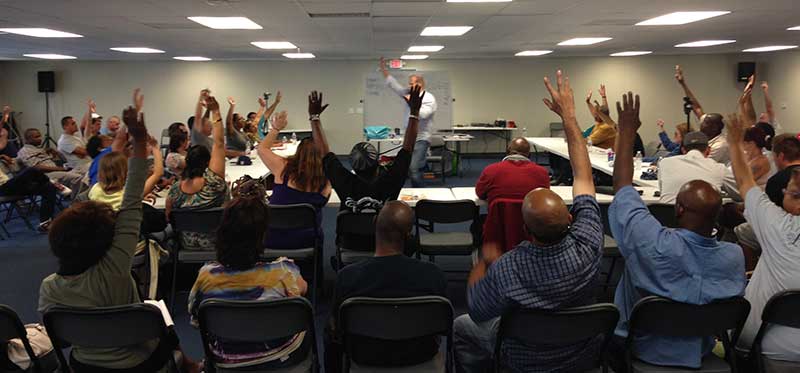
Hero School invests in everyone attending their programs to get off the streets and live up to their potential.
According to Todd, it is essential to understand that being unhoused differs from homelessness. People look at extrinsic factors of “stuff.”
When partnering with Catholic Charities and the Hero School programs, “I was speaking to 500 kids in middle school in their gym. Observing the same behavior of men in their 40s and 50s that I just witnessed in a kid in the 6th, 7th, or 8th grade shows there is this comprehension gap, this connection to what it takes to be an adult. The time to give this breakthrough would be in middle school.”
He would ask the men he was working with, who were homeless, unhoused, and gone through tragedy, “If you could get back all the money that has gone through your hands during your lifetime and it would miraculously accumulate in a pile in this room, how big would your pile be?” The men would grunt with some answering with low figures. Others would say over $1 million. The average amount stated by the men during the eight-year period he worked with the population at Catholic Charities would be $750,000 per person.
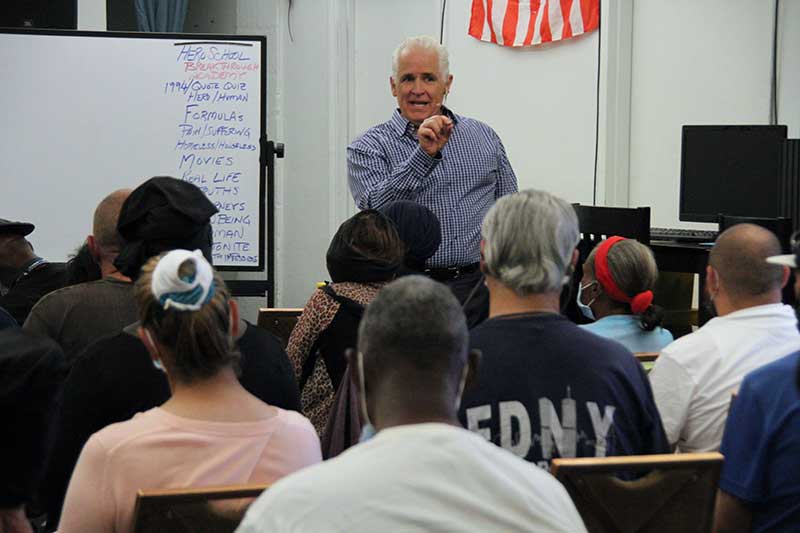
Tiger Todd speaks about the Hero School to an attentive audience.
“I would tell them that they are great at getting money, but they sucked at keeping money,” Todd says. “I would then say, let’s work on how to keep money and get it to work for you.” As Todd explains, ”this is a great exercise and shows that we are not defined by what we have.” He aims to help people define what they have on the inside, not what they have or don’t have.
“There are a million ways to lose a house. But there are only four habits from my science repeated and proven over 27 years that create someone who can’t keep a house, job, or spouse. It doesn’t matter what we give them or what they earn until we neutralize those four habits. Unfortunately, they will end up in the same place even sooner next time.”
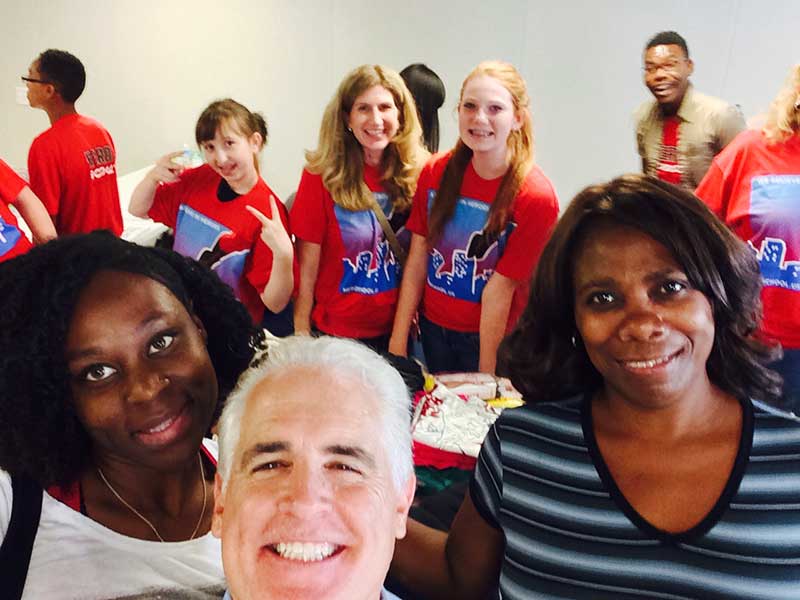
Tiger Todd, founder of Hero School, is surrounded by students and teachers as he speaks about Hero School in middle schools.
Most of what Todd has learned from speaking at public schools over the past 15 years is that people tend to think the child in 8th grade is the same kid in 3rd grade. Something happens that changes with the human. Mythology, religion, history, and movies prove that humans split into two people. The child in 6th or 7th grade between 12 to 13 years now has the ability to become Bruce Wayne/Batman or Diana Prince/Wonder Woman. These two sides of a person need both sides nourished and developed, or that person could end up either living well below their capabilities or homeless. The Hero School is working to develop both sides and bring out the best in everyone.
For more info, visit heroschool.us and follow them on Facebook and Twitter @ HeroSchool and Instagram @ heroschool.us.

